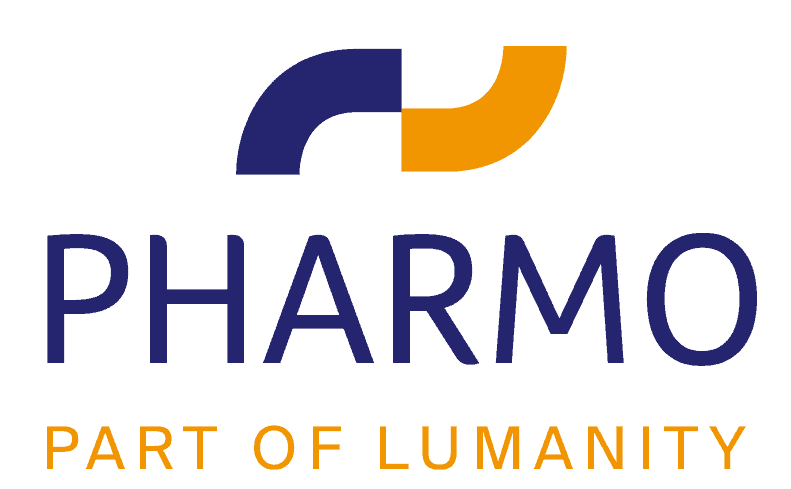BACKGROUND: Sympathomimetic agents have a direct positive chronotropic effect on heart rate and may cause hypokalemia, even when administered by inhalation. In selected patients (e.g., patients with congestive heart failure [CHF]) this can lead torrhythmias. Despite the potential adverse effects of these agents, they are used frequently in patients with CHF, due to a high incidence of respiratory comorbidity. This study investigates the effects of sympathomimetics on the incidence of hospitalizations for arrhythmias in patients with CHF. METHODS: In a cohort of 1208 patients with a validated hospital discharge diagnosis of CHF, we identified 149 cases with a readmission for arrhythmias, and compared these in a nested matched case-control designwith 149 controls from the remainder of the cohort with no hospital readmission for any cardiac cause. Conditional logistic regression was used to calculate the risk for hospitalization for arrhythmias associated with exposure to sympathomimetic agents,expressed as odds ratios. RESULTS: Of 149 case patients, a total of 33 (22.1%) were treated with any sympathomimetic agent, and 6 patients (4.0%) were treated with systemic sympathomimetics. The use of any sympathomimetic drug was associated with an increased risk of admission for arrhythmia (odds ratio, 4.0; 95% confidence interval, 1.0-15.1). For systemic sympathomimetic drugs, the corresponding odds ratio was 15.7 (95% confidence interval, 1.1-228.0). CONCLUSIONS: The results of this study strongly suggest an increased risk of hospitalization for arrhythmias in patients with CHF treated with sympathomimetic drugs. Sympathomimetics should be given under close surveillance to patients with CHF.
